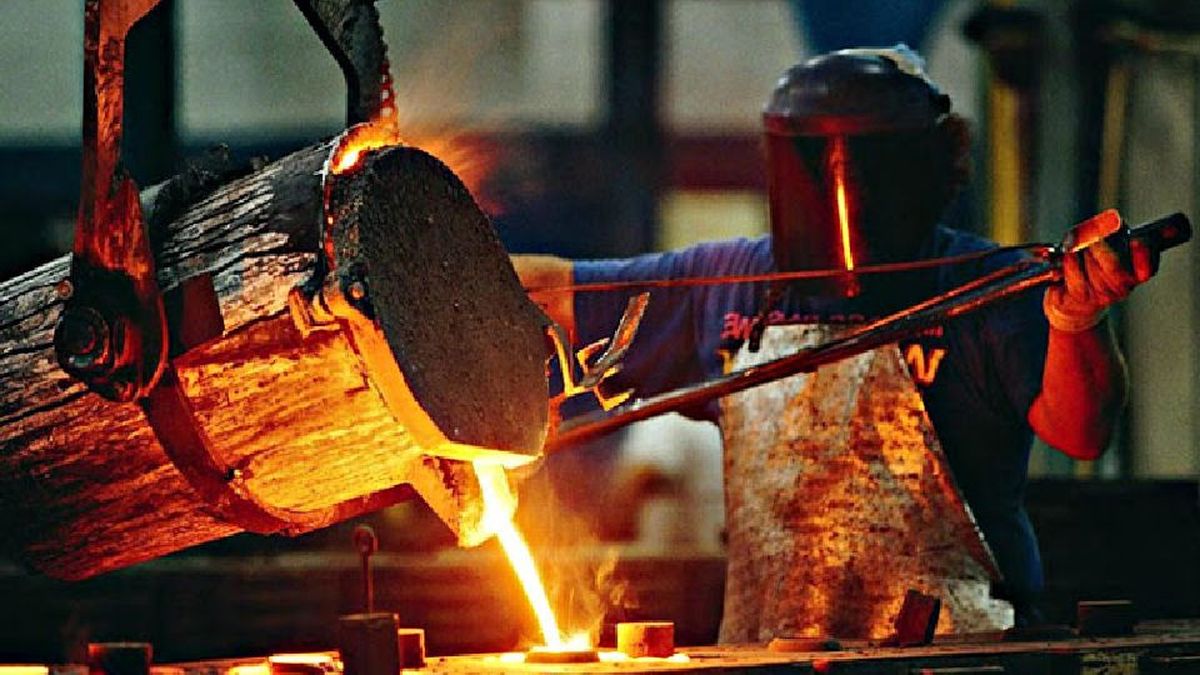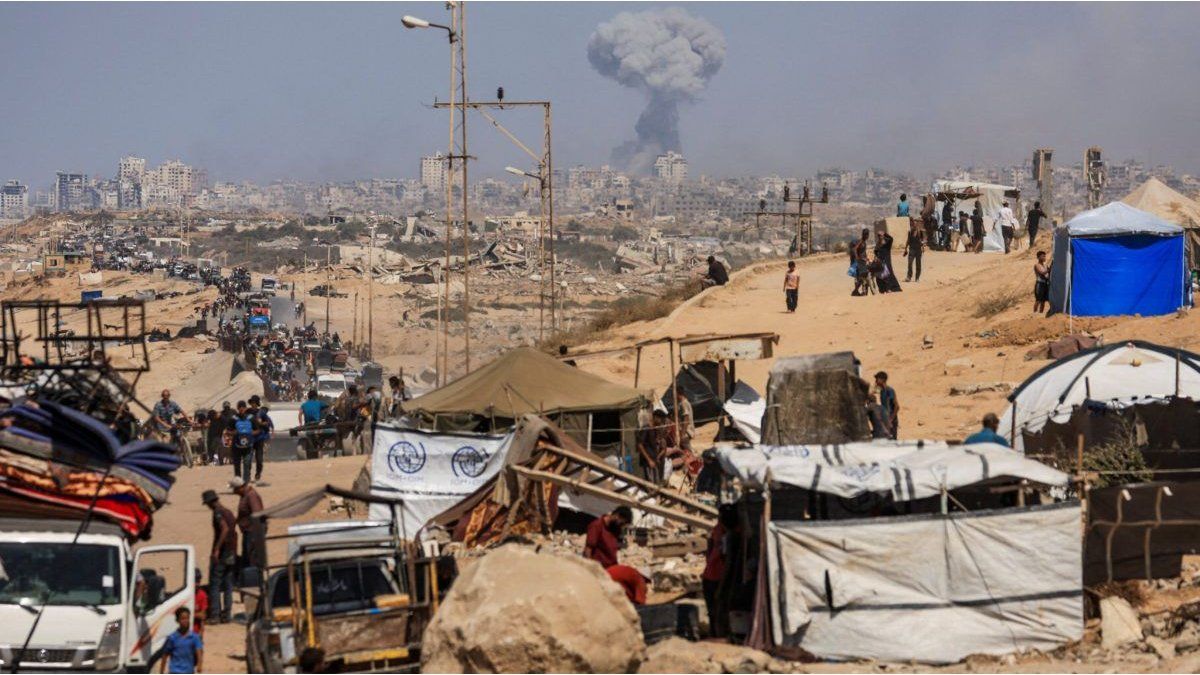I have been working in the news industry for over 6 years, first as a reporter and now as an editor. I have covered politics extensively, and my work has appeared in major newspapers and online news outlets around the world. In addition to my writing, I also contribute regularly to 24 Hours World.
Menu
UN General Assembly: Ukraine accuses Moscow of kidnapping children
Categories
Most Read
Demonstrations: Trump after mass protests: “I am not a king”
October 20, 2025
No Comments
Situation at a glance: After new violence: Is the ceasefire in Gaza holding?
October 20, 2025
No Comments
Caren Miosga: A lot of talk, but very little argument
October 20, 2025
No Comments
Citizens’ money reform: Survey: Majority thinks citizens’ money reform is fairer
October 20, 2025
No Comments
Contested Donbass region: Trump calls for freezing the front line in Ukraine
October 20, 2025
No Comments
Latest Posts

The metallurgical industry deepens its crisis and the use of installed capacity fell to pandemic levels
October 20, 2025
No Comments
Metallurgical activity is going through one of its worst momentsonly comparable to what was experienced during the forties that the pandemic generated. In September 2025,

Gaza authorities denounce 80 violations of Israel’s ceasefire that caused almost 100 deaths
October 20, 2025
No Comments
October 20, 2025 – 09:47 Hamas accuses Israel of breaking the ceasefire 80 times in Gaza, causing 97 deaths and more than 200 injuries since

MasterChef Celebrity: who are the two participants who left the reality show in the first elimination gala
October 20, 2025
No Comments
October 20, 2025 – 09:34 The culinary reality show, hosted by Wanda Nara and with the trio of jurors composed of Donato de Santis, Damián
24 Hours Worlds is a comprehensive source of instant world current affairs, offering up-to-the-minute coverage of breaking news and events from around the globe. With a team of experienced journalists and experts on hand 24/7.

